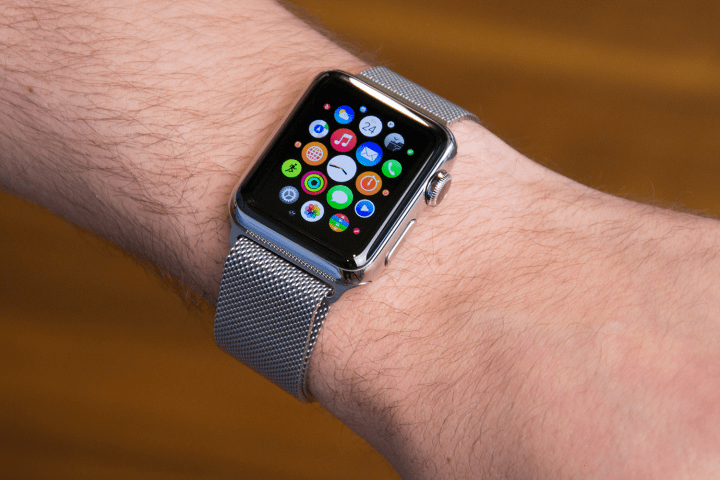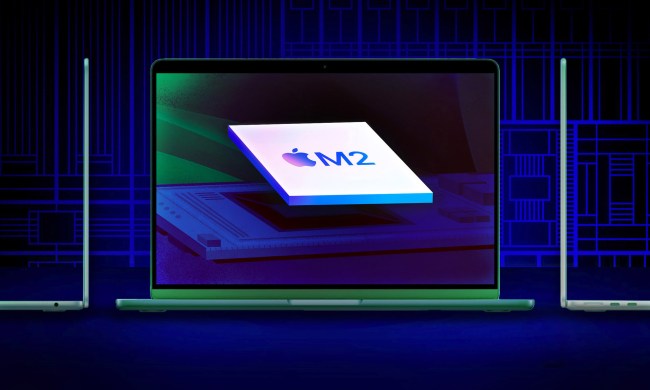
In a post on the Deezer blog today, the company announced that it is now available on the Apple Watch. Numerous streaming apps including Pandora and Apple’s own music service are available on the Apple Watch, but Spotify is conspicuously absent, leaving a small but substantial slot open for Deezer to pick up a handful of new users, in addition to bringing a new feature for its existing customers.
All the expected features are here, including playlists, charts, and My Music, which allows users to sync their Apple Watch to their phones and access their favorite tracks, artists, albums, and more. Force Touch support is included, allowing for control over repeat and shuffle mode and the ability for a user to quickly see their queue list. Music saved for offline play on the user’s iPhone is also available through the new Watch app.
While the above features could be expected of nearly any music app, Deezer’s Flow is also supported on the Apple Watch. Flow acts as a personal DJ of sorts, which the company says utilizes “the best of man and machine” to intuitively play the right music at the right time.
“I love my classic watch, but when I want to listen to Flow on-the-go, it’s my Deezer on Apple Watch that lets me listen to all my favorite tracks on hand — anytime, anywhere,” Deezer’s chief content and product officer, Alexander Holland, said in a statement.
The Deezer app for Apple Watch is available for iPhone users running iOS 8.2 or higher, and is rolling out starting today.


